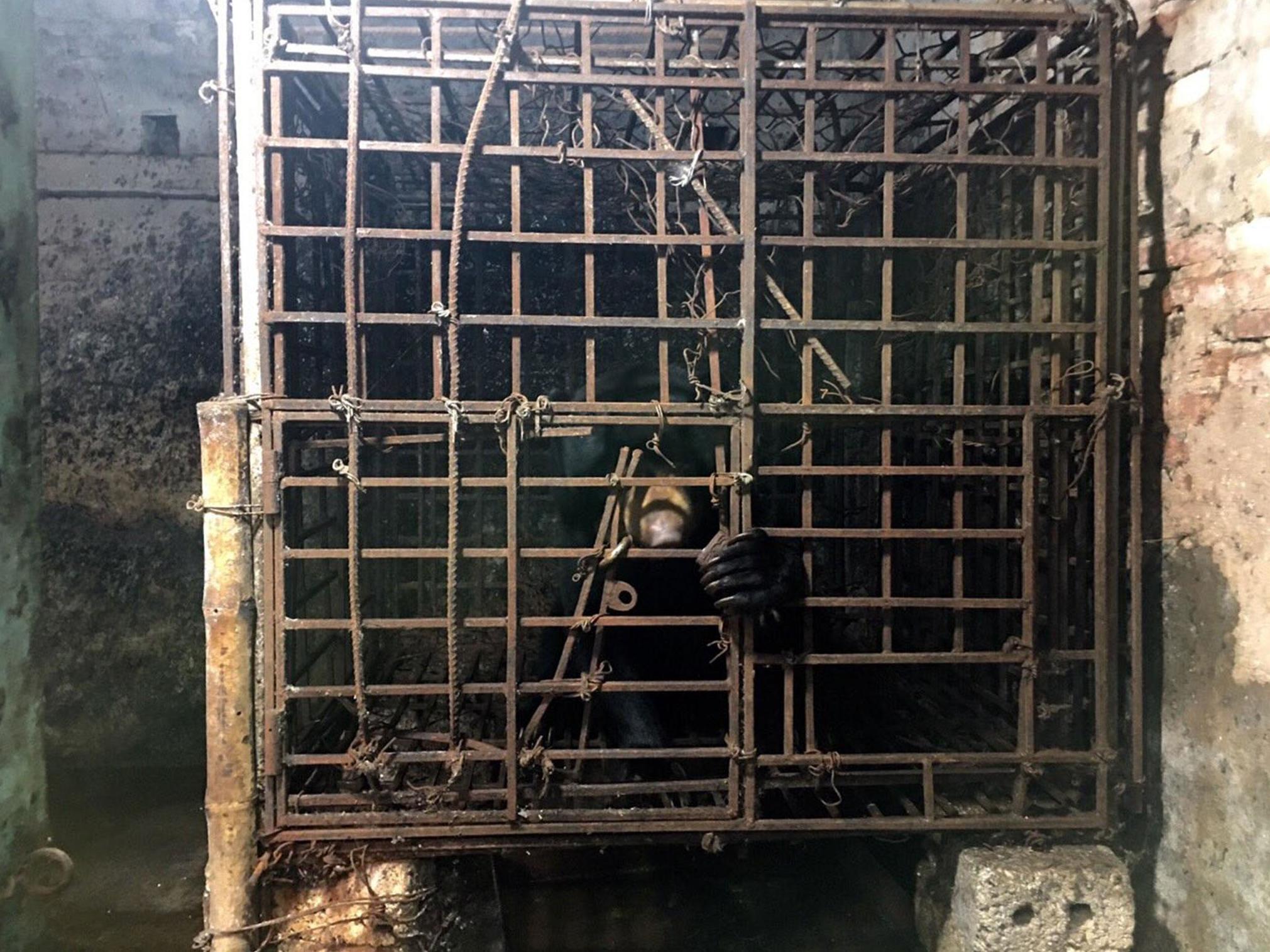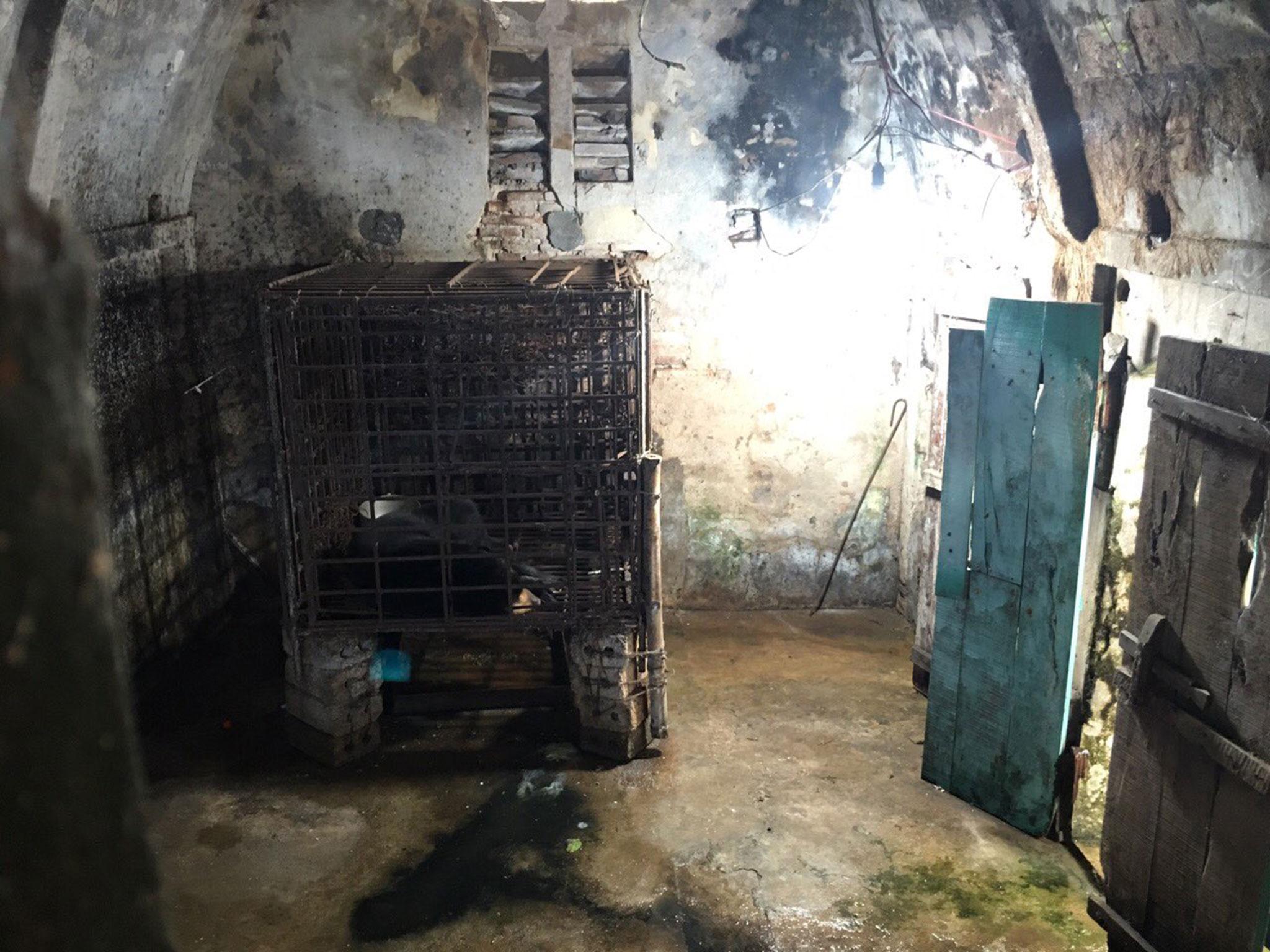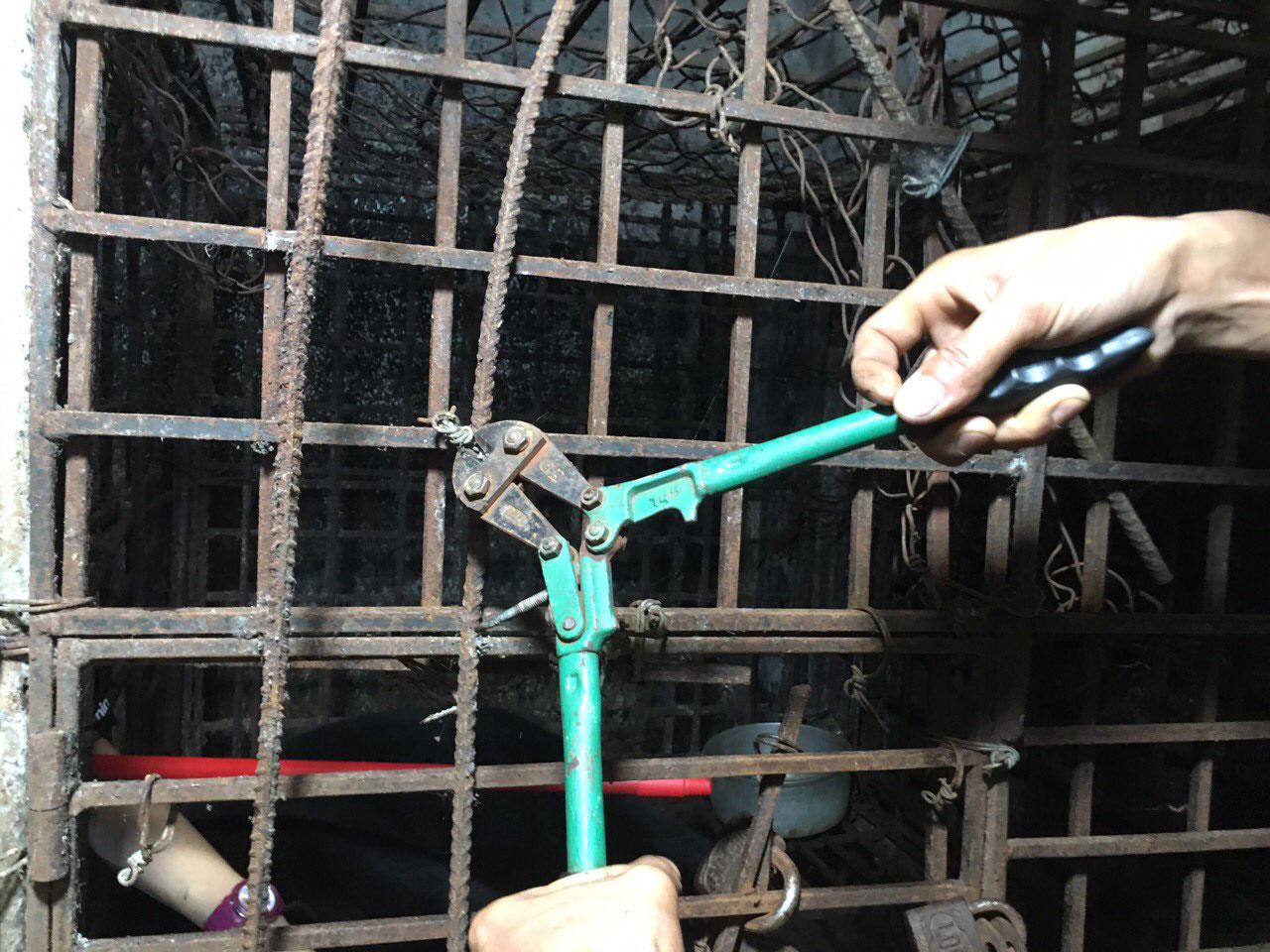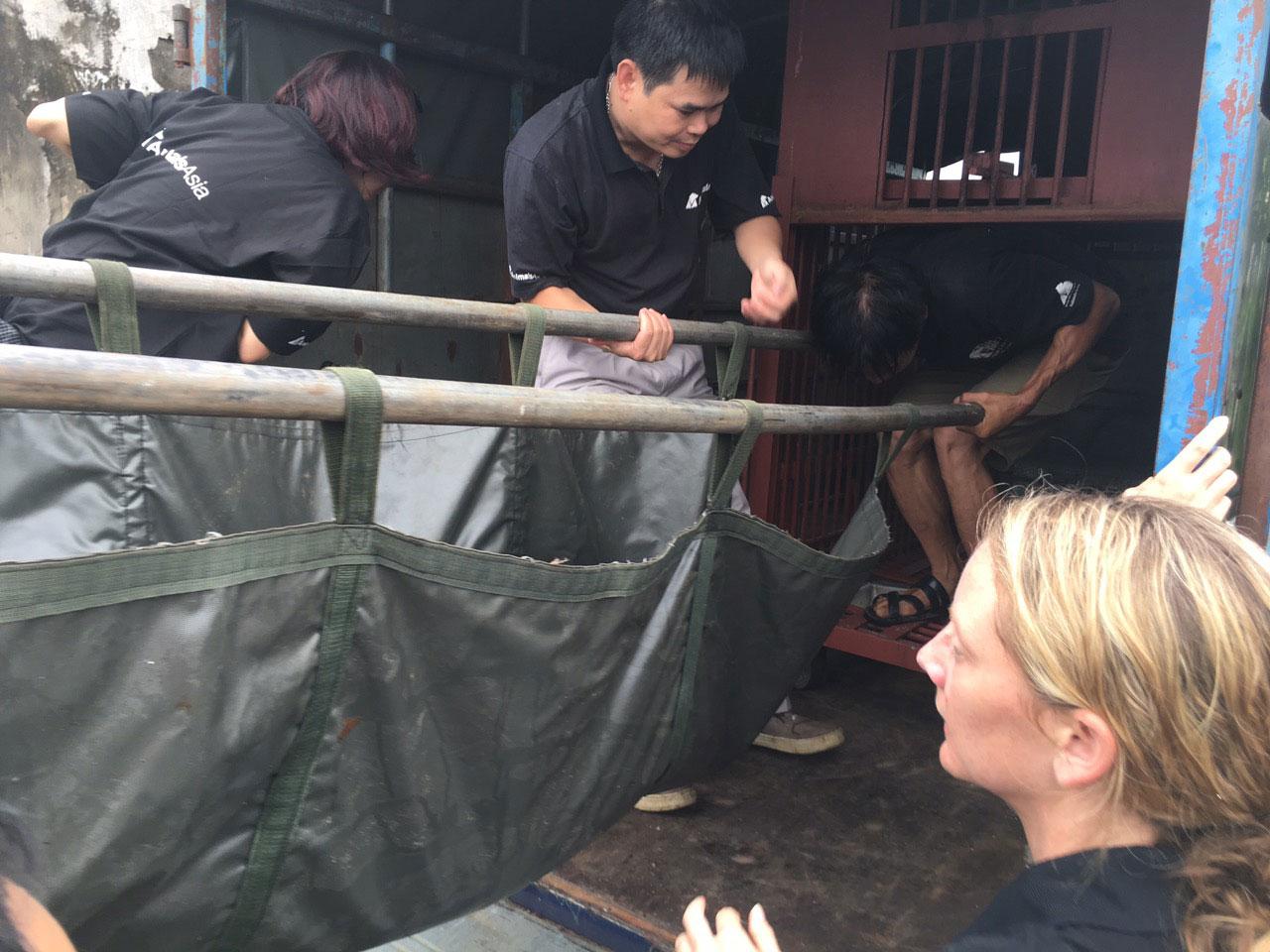Bear held captive in cage since birth freed by campaigners
Seven-year-old Sun bear Annemarie rescued after her owner dies

Your support helps us to tell the story
From reproductive rights to climate change to Big Tech, The Independent is on the ground when the story is developing. Whether it's investigating the financials of Elon Musk's pro-Trump PAC or producing our latest documentary, 'The A Word', which shines a light on the American women fighting for reproductive rights, we know how important it is to parse out the facts from the messaging.
At such a critical moment in US history, we need reporters on the ground. Your donation allows us to keep sending journalists to speak to both sides of the story.
The Independent is trusted by Americans across the entire political spectrum. And unlike many other quality news outlets, we choose not to lock Americans out of our reporting and analysis with paywalls. We believe quality journalism should be available to everyone, paid for by those who can afford it.
Your support makes all the difference.A bear which spent its entire life captive in a a case has been rescued by campaigners.
Sun bear Annemarie was kept in dungeon-like conditions in a windowless room in a small village in Nam Dinh province, north eastern Vietnam.
But following the death of of the seven-year-old animal's owner, NGO Animals Asia were able to carry out a rescue. According to the charity, the owner’s son was "keen to do the right thing and voluntarily hand over the bear” after he discovered the animals legally had to be registered.

A team of volunteers visited the property Annemarie was being held at a nd used bolt cutters before removing her on to a make-shift stretcher and taking her to the Animals Asia sanctuary, north of Hanoi.

Bear manager Louise Ellis said: “After arriving, Annemarie was still very frightened and wary of people around her.
“Eventually she began to relax a little and was given a cooling shower with the hose pipe to help revive her after the journey. She soon began to enjoy the spray, pawing at the water and sitting up so her belly could get wet.
“She appears to like watermelon and kept going back to the food bowl to take a piece. She was left to settle overnight. She is still very scared but hopefully with time and TLC she will begin to relax a bit more and settle into her new life here.”

Tuan Bendixsen, Animals Asia’s Vietnam Director, said: “At seven years old this is still a young bear and one that can enjoy a full life in the future. However, there is always a physical price to pay for these bears when they have suffered a lack of space, poor diet and inexpert care.”
Annemarie will now be kept in quarantine for 45 days, during which time she will undergo any necessary medical procedures. Ultrasound scans revealed Annemarie suffered from some joint damage – as might be expected from her former living conditions – but it is not believed bile was extracted from her.
In some south east Asia countries, and particularly in China, bears are often farmed for their bile, which is used as a traditional medicine. It is used to ‘treat’ sore throats, sores, haemorrhoids, sprains, bruising, muscle ailments, epilepsy and to ‘clear’ the liver, according to a report by Traffic, a wildlife trade monitoring network.
Animals Asia said of the practice: “The bile, which is stored in the gall bladder, is collected by means of various extraction methods, all of which cause massive infections in the bears.
“Most farmed bears are starved, dehydrated and suffering from multiple diseases and malignant tumours that not only contaminate their bile but ultimately kill them. Very few receive appropriate medication or any type of veterinary care.
“Animals Asia has also seen instances of old or very sick bears – those who fail to produce bile – simply left to starve to death in their cages.
“Pathology reports have shown that bile from sick bears is often contaminated with, blood, pus, faeces, urine, bacteria and cancer cells.”
Join our commenting forum
Join thought-provoking conversations, follow other Independent readers and see their replies
Comments